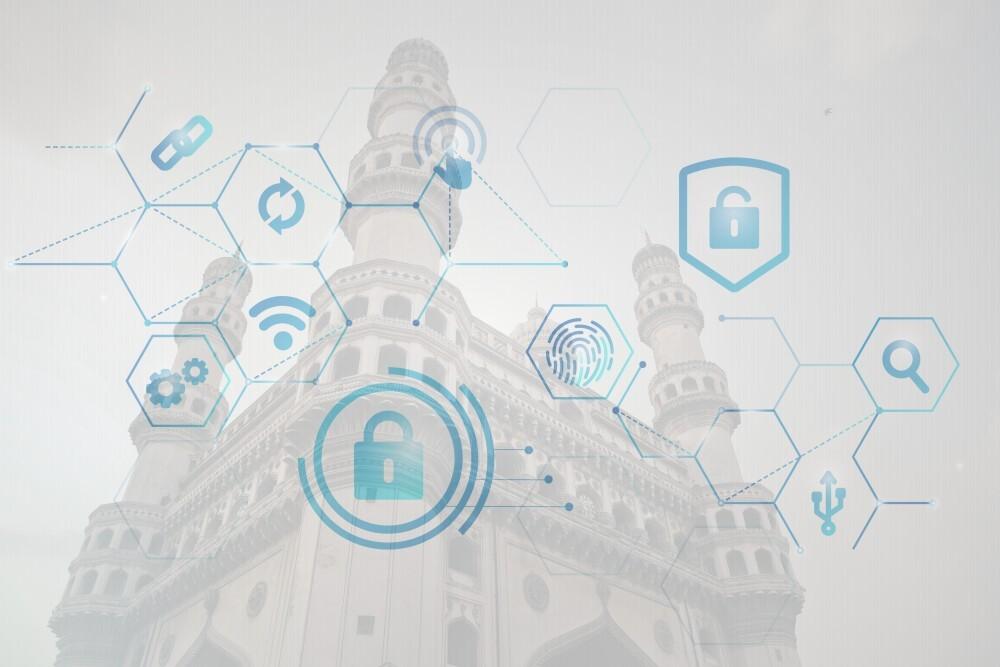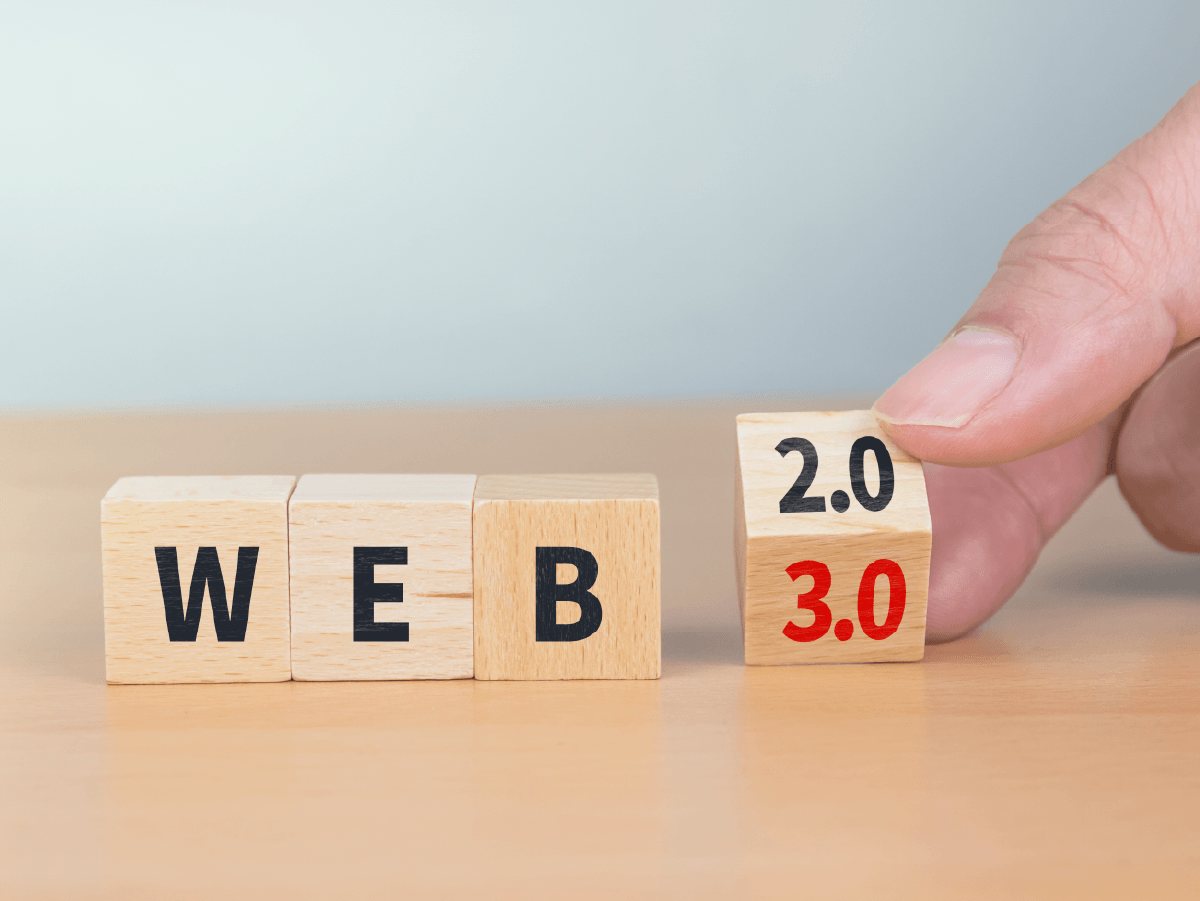
The global pandemic has triggered a massive surge in e-commerce businesses. According to Webscale's 2021 Global Ecommerce Security Report, the global e-commerce industry has seen a decade's worth of growth in the last few months. This extraordinary growth of e-commerce due to the pandemic has offered an increasingly lucrative breeding ground for cybercriminals.
E-commerce companies are more prone to cyber-attack as they store customers' personal and financial data. A news article by the Economic Times states, "A hacker group has broken into at least 570 e-commerce stores in 55 countries, including India, in the last three years, leaking information on more than 184,000 stolen credit cards and generated over $7 million (over Rs 52 crore) from selling compromised payment cards."
Covid-19 was fuel to fire. Since the beginning of the pandemic, there has been a fourfold increase in cybersecurity complaints, whereas the global losses from cybercrime exceeded $1 trillion in 2020. The magnitude and complexity of attacks, as well as their financial impact, continue to rise.
It is essential to learn about e-commerce security threats in the online world to prevent such attacks.
Here are some of the top cyber-threats to e-commerce you must know in 2021:
E-skimming
E-skimming, also known as the "Magecart" attack, involves the theft of personal data and credit card information by gaining access to the online store and injecting skimming code onto the website's payment processing pages.
Credit Card Fraud
Credit card fraud is the most vulnerable and dangerous security threat that e-commerce sites face. A credit card fraud occurs when a cybercriminal uses a stolen card or the card's details to make illegitimate transactions, withdraw money, or attempt fraudulent activities in the name of the targeted user. Cybercriminals can hack in several different ways.
Malware Attack
Malware is the topmost cybersecurity concern for e-commerce businesses today. It is a piece of software that can skulk into your computer system's background and steal your clients' personal and financial information for some time and demand a sum of money in exchange for the user's data to be returned.
Phishing
Phishing is a constantly growing and evolving threat described as spoof emails and other technical moves used to trick recipients into disclosing sensitive information such as social security and financial account credentials and different identity and security information.
DDoS Attacks
A distributed denial-of-service (DDoS) attack is a vicious attempt to disrupt normal traffic of a targeted server, service, or network by flooding the target or its surrounding infrastructure with Internet traffic.
The apparent indication of a DDoS attack is a site or service abruptly becoming slow or inaccessible. By temporarily disrupting the host's services connected to the internet, the cyber threat actor attempts to make a network or machine resource unavailable to the intended users.
To keep yourself safe, you must deploy a solid cybersecurity framework and apply the relevant practices at all levels of your organization.
The must-have cybersecurity tools you need to know:
Firewalls
A secure firewall is one of the first and most basic cyber defenses that all businesses require. The firewall detects any potentially dangerous incoming data, such as malware and fraud attempts. It filters incoming node traffic to certain specifications, which transmit filtered network application data.
SSL
SSL certification is an encryption protocol that secures sessions between clients and servers from those attempting to attack. SSL makes it difficult for hackers to retrieve any private information from the incoming traffic, giving a safe browsing assurance for your clients and your organization.
Scanning for Loopholes
The most helpful cybersecurity tool for an e-commerce site helps deal with the in-depth analysis of all the loopholes and possible threats. Scanning for loopholes bridges the gap between actual and potential risks of cybercrimes. It also identifies the area that is likely to develop a loophole over time and lets you get ahead of the problem.
Security Planners
It's essential to hatch an elaborate security plan that can help you tightens all loose ends in your system. A tried and true strategy for site updates becomes necessary to ensure your business and your shoppers' security. Security Planner helps users take their steps to protect themselves online.
Security Plugins
Security plugin tool is an essential investment to protects your site from malware, brute force attacks, and hacking attempts. This cybersecurity is done at the server level and is far more effective without harming your site's performance.
Payment Gateway Security
The quality of your e-commerce payment gateways helps you fend off cyberattacks in real-time by acting as encryption by encoding the private data between buyer and seller.
Conclusion:
Appropriate cybersecurity tools are necessary for the functional capabilities of any E-commerce platform. A cyber-attack could erode your customers' trust, result in stolen credentials, or have financial and legal ramifications. Choose the appropriate cybersecurity tools to secure your organization.
Sources:
https://cio.economictimes.indiatimes.com/news/digital-security/hackers-break-into-570-e-commerce-stores-including-in-india/76866426
https://www.businesswire.com/news/home/20201206005011/en/New-McAfee-Report-Estimates-Global-Cybercrime-Losses-to-Exceed-1-Trillion





